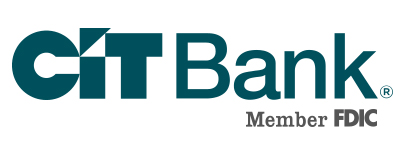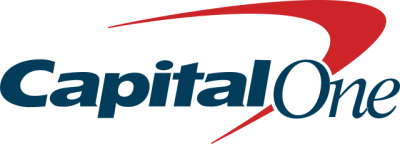Pros:
- No required balance or account fees
- High account interest rates
- Variety of terms lengths of CDs
- Personal loans available
Cons:
- Only savings account and CDs offered
- Must link accounts to another bank
- No ATM or debit card offered
- Opening balance for CDs is $500
Pros:
- Low opening required amounts
- Variety of accounts available
- ATM fee reimbursements
- Competitive rates on most accounts
Cons:
- Must become a member first
- Accounts have tiered interest rates
- Daily cash limits on withdrawals
There is no required amount to open the account or to keep in the account. Marcus does not have monthly maintenance fees. You start earning interest on anything over $1 in the high yield savings account.
Marcus offers very competitive interest rates on their savings account and CD accounts. The interest rates are competitive with other online-only accounts. They are much higher than your typical bank rates.
Many different term lengths of CDs are available. Marcus offers nine different CD term lengths from six months to six years. The longer the term, the higher interest rate you earn. All the CD interest rates are very competitive with other online-only banks.
The personal loans offered through Marcus do not have fees. The loans are a fixed-rate interest loan. You can borrow up to $40,000. These loans can be to consolidate debt or for home improvement projects. The loans range in length from 36 to 72 months.
Marcus only offers deposit accounts of CDs and a high yield savings account. Checking accounts, money market accounts, and business accounts are not offered.
Since Marcus does not offer checking accounts, you cannot transfer money between Marcus checking and savings accounts. The easiest way to deposit money into your Marcus savings account is to link to an external bank account. You can also send a wire or check. Marcus does not charge a fee to send or receive a wire transfer, but the external bank might.
Marcus does not offer an ATM or debit card for the high yield savings account. To access your money, you must transfer the money back into your external bank account. You can also request a wire transfer.
To open any CD with Marcus, $500 is required. That amount opens the CD and is the amount needed to start earning interest. The interest rates vary depending on the term length of the CD. The longer the CD term, the higher the interest rates.
Navy Federal accounts have low opening required amounts. The savings account only requires $5 to open. The money market account does not have a set amount required to open, but to earn interest requires $2,500. The checking accounts do not have a set amount required to open. The CDs have tiered opening required amounts. The lowest amount to open a regular CD is $1,000. Special CD offers require lower opening amounts.
There are a wide variety of accounts offered through Navy Federal. They offer a savings account, money market account, and CDs. Their CD terms range from three-month terms to seven-year terms. Navy Federal offers five checking accounts. Those accounts include one for students, an online account, and an active duty account. Navy Federal also offers loans and credit cards.
Most Navy Federal checking accounts offer ATM fee reimbursement. Only the Everyday Checking account does not. The reimbursement amount ranges from $10 to $20, depending on the account. Some accounts require a direct deposit to earn the reimbursement.
Most all Navy Federal accounts offer competitive interest rates. The CDs offer the most competitive interest rates. Navy Federal savings and checking accounts earn interest. The rates are lower than online account rates. The money market account rates are slightly lower than online rates. These rates are higher than typical bank rates.
Before you open an account with Navy Federal, you must first become a member of the credit union. Servicemembers and veterans are eligible to join Navy Federal. Department of Defense employees are eligible. Family members of each of these groups can become members of Navy Federal Credit Union.
Navy Federal money market and Flagship checking account have tiered interest rates. To earn the most competitive rate on the MMA requires a balance of at least $50,000. The checking account requires $25,000. To earn the most competitive rate on Navy Federal CDs requires $100,000.
Navy Federal only allows for a daily cash withdrawal of $600. This includes cash from an ATM, a branch, or receiving cash back. There is a daily transaction limit of $3,000 for most checking accounts and $5,000 for the Flagship checking. Their accounts do not typically have limits on the number of transactions.


